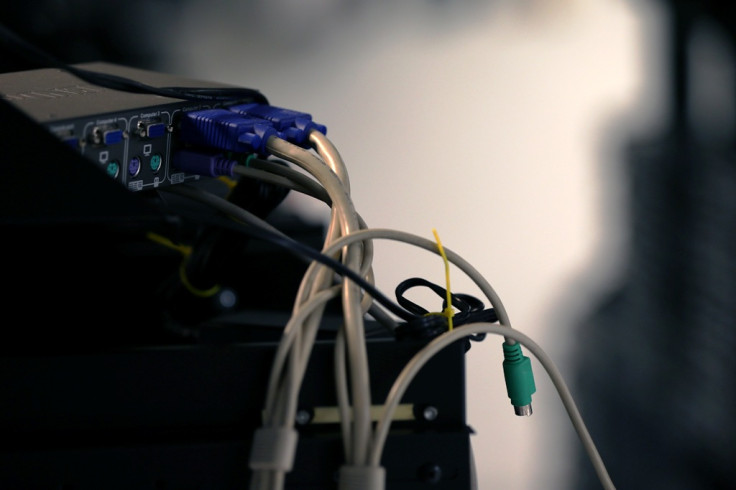Dark pool and HFT: BoE says high-speed trading helps markets

High-frequency trading (HFT) may not be all that bad for the markets, according to a Bank of England (BoE) report.
Electronic trading makes stock markets more efficient by allowing them to react more quickly to incoming information, the Bank of England working paper concluded.
BoE researchers Evangelos Benos, James Brugler, Erik Hjalmarsson and Filip Zikes picked the 20 largest stocks, by market capitalisation, of the FTSE 100 and examined how they traded on the London Stock Exchange (LSE) in the four months to the end of 2012.
They compared the trades of 10 HFT companies with the orders placed by 10 investment banks.
Lightning fast
High-speed traders place a larger number of identical bets simultaneously, triggering concerns that their trading could cause or worsen sudden market crashes, according to the BoE analysis.
One possibility is that HFT could lead to unpredictable interactions, which could mean prices could become separated from gauges of a company's financial health, such as its income and sales, Bloomberg reported
The BoE's analysis, however, did not support the aforementioned concern. Instead of temporarily moving prices, concurrent trading by electronic firms – at least for large, individual stocks – appears to cause relatively lasting adjustments, the researchers wrote.
The central bank said in the working paper: "If the trade had no information content, its price impact would be temporary as the induced price change would not be justified by any changes in fundamentals and market participants would force the price back to its original value."
Pricing stocks
The BoE study found the large HFT firms had a mild role, at least in terms of helping markets price stocks.
The researchers wrote: "HFT firms appear to be reacting simultaneously and quickly to new information as it arrives at the marketplace, which makes prices more efficient.
"This suggests that correlated trading by HFT firms does not appear to contribute to undue price pressure and price dislocations on a systematic basis in the UK equity market."
The paper does not prove that high-speed trading never triggers or aggravates stock market turmoil.
The researchers said: "To assess that, additional research with more data, covering periods of market stress, would be necessary."
The high-seas
Earlier in the month, Mark Buchanan, a physicist and science writer based in the UK, wrote in Nature magazine that it was possible ships could be used to aid high-speed trading overseas.
Buchanan said that if and when airborne laser networks begin to span to oceans, it could "become profitable" to station a ship or a trading platform at the midpoint between pairs of exchanges the worldover.
The reason for this, Buchanan wrote, was that the location where traders get the earliest possible information is at the halfway point between exchanges.
But market watchers said such moves may not be practical.
Bill Harts, CEO of Modern Markets Initiative, a group that supports high-frequency trading, dismissing the idea, told IBTimes UK: "[Buchanan's] wild theory about a possible arbitrage to he had by stationing a ship mid-exchange is, frankly, all wet. The activity described would not give any trader an advantage, and in fact may put traders who try to locate on a ship at a disadvantage.
If this were possible, data center space in Youngstown, Ohio, (roughly half way between the New York and Chicago exchanges,) would be at a premium because all the HFTs would locate there. But guess what? There is no HFT in Youngstown, Ohio."
© Copyright IBTimes 2025. All rights reserved.


















